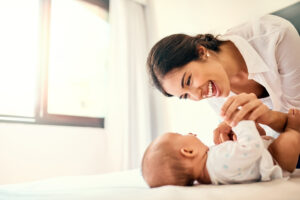Learn about breast and nipple care
 You know that breastfeeding is beneficial for your baby and for you, but if your nursing breasts ache and develop problems, sometimes that’s hard to remember. Don’t give up on nursing your baby. Our Plano pediatricians have advice about breast and nipple care that can help you get back to the joy of feeding your baby.
You know that breastfeeding is beneficial for your baby and for you, but if your nursing breasts ache and develop problems, sometimes that’s hard to remember. Don’t give up on nursing your baby. Our Plano pediatricians have advice about breast and nipple care that can help you get back to the joy of feeding your baby.
Nipple problems
Sore nipples can be an issue, especially in the early days of nursing. Often this indicates that your baby isn’t latching properly. Try to hold your baby in different positions. Explain the problem to our Plano pediatricians, so they can check to see if your baby is tongue-tied or has another condition that could create the problem.
If you develop milk blisters, which are shiny little smooth dots on your nipples, try warm compresses. If the blisters persist, talk to your doctor.
Sometimes, the warmth and moistness that comes with frequent nursing causes a yeast infection on your nipples. Symptoms include itching, flaky, shiny, cracked nipples, and intense or shooting pains when you nurse. If you develop a yeast infection, you need to contact your ObGyn and your pediatrician because both you and your child may need treatment.
Breast issues
There are several issues that can occur during breastfeeding that require breast and nipple care.
- Plugged milk ducts cause hard, painful lumps on your breast.
- Swollen, engorged breasts happen when your baby isn’t emptying your breasts after a feeding session.
Simple, at-home techniques can relieve pain in your nursing breasts caused by plugged milk ducts or engorgement. Try nursing or pumping more often, gently massaging your breasts, and using warm or cold compresses.
If your breasts feel warm, red, swollen and painful, you may have mastitis, or breast inflammation. You may even feel run down and have a fever, which can be signs of infection. You need to see your physician or seek out urgent care if you think you have developed this painful condition.
Taking care of your nursing breasts
Our pediatricians have some tips to help you with breast and nipple care.
- Buy bras that fit well and provide day and night comfort and support.
- Avoid wearing anything tight over your breasts.
- Don’t use soap or perfumed creams or gels on your nipples.
- If you have sore nipples, use only creams or gels designed especially for nursing.
- Change your nursing pads frequently, especially when they are wet or dirty.
- Get help if your baby is having problems latching on properly.
Our Plano pediatricians can advise you about breast and nipple care
Breastfeeding is a healthy, wonderful way to feed your baby, but sometimes problems occur. Learning how to treat your symptoms and take care of your nursing breasts can help you enjoy nursing. Contact our pediatricians for an appointment to learn more about breast and nipple care.

